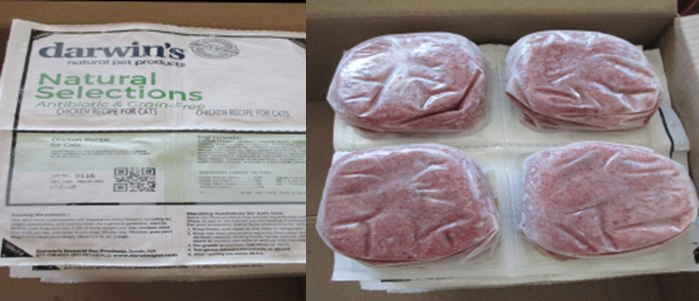In New Zealand, several brands of hummus and tahini have been recalled due to possible salmonella contamination. The recall involves 21 products from Lisa’s, Greater! and Prep Kitchen brands. The Ministry of Primary Industries (MPI) said it was a complex recall because the tahini in the hummus products was imported from Turkey and used in a large variety of products. There have been no reports of associated illness. MPI said the products had been removed from store shelves and had not been exported. New Zealand Food Safety will work with Life Health Foods NZ Ltd to understand how the contamination occurred.@ https://www.rnz.co.nz/news/national/485093/large-recall-on-hummus-and-tahini-products-due-to-possible-contamination




